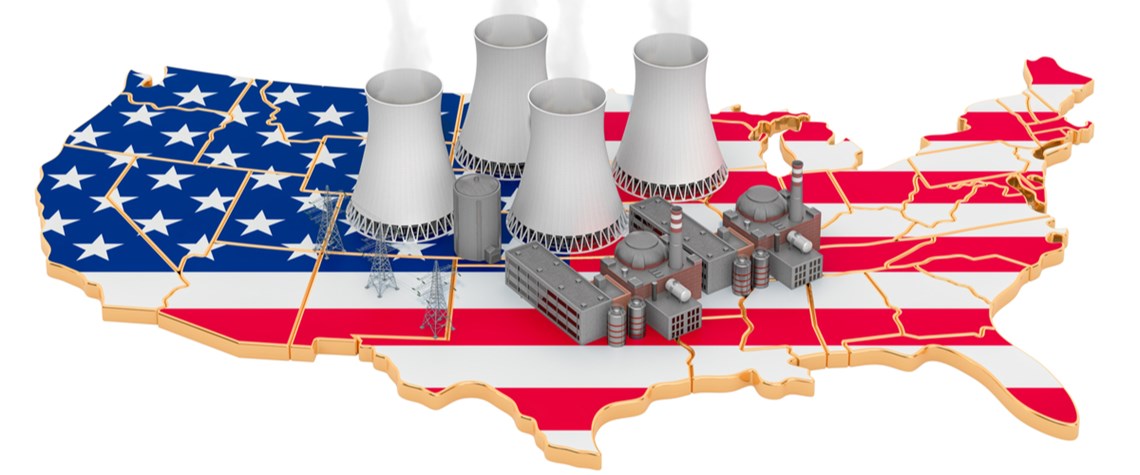Biden’s nuclear redemption
Domestic nuclear energy policy may be the president-elect’s best opportunity to make immediate strides towards net-zero
The US will again resume efforts to combat global climate change after four years of scepticism from the Trump administration in particular and Republicans more generally. President-elect Joe Biden has pledged to rejoin the Paris Agreement on day one of his administration, before launching a $2tn green energy revolution aimed at achieving net-zero emissions by 2050. But with the Senate likely to fall under the control of the Republicans, blocking aspects of Biden’s more progressive sales pitch, domestic nuclear energy may emerge as a rare case of low-carbon energy compromise between the two parties. “It is unlikely that a Republican-controlled Senate will slow activities underway in the nucl

Also in this section
17 February 2026
The 25th WPC Energy Congress, taking place in Riyadh, Saudi Arabia from 26–30 April 2026, will bring together leaders from the political, industrial, financial and technology sectors under the unifying theme “Pathways to an Energy Future for All”
17 February 2026
Siemens Energy has been active in the Kingdom for nearly a century, evolving over that time from a project-based foreign supplier to a locally operating multi-national company with its own domestic supply chain and workforce
17 February 2026
Eni’s chief operating officer for global natural resources, Guido Brusco, takes stock of the company’s key achievements over the past year, and what differentiates its strategy from those of its peers in the LNG sector and beyond
16 February 2026
As the third wave of global LNG arrives, Wood Mackenzie’s director for Europe gas and LNG, Tom Marzec-Manser, discusses with Petroleum Economist the outlook for Europe’s gas market in 2026







